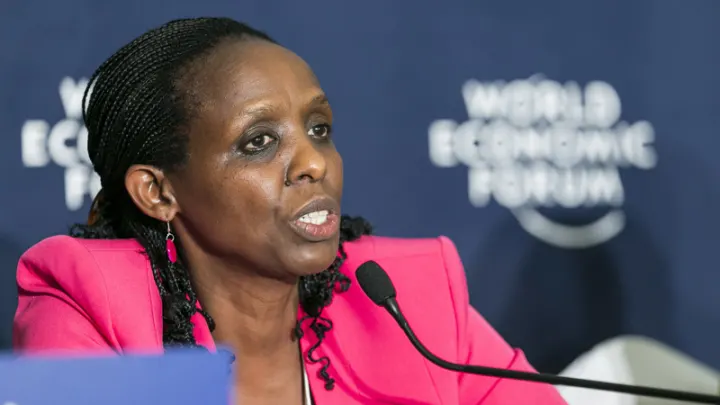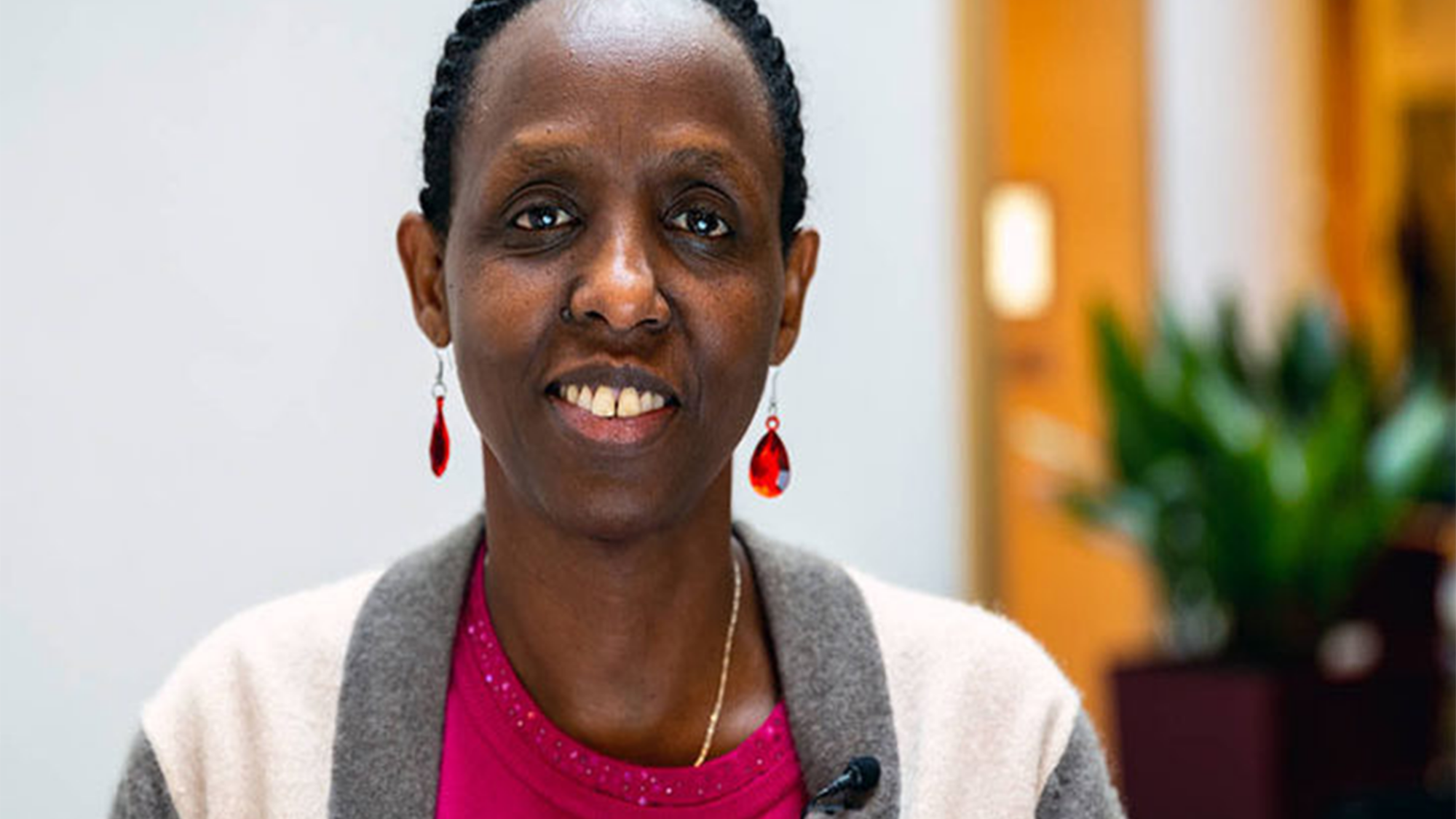When it comes to building a healthier and more sustainable future, few people have made as much of an impact as Dr. Agnes Kalibata. As a renowned agricultural scientist, policymaker, and advocate for nutrition and food security, Dr. Kalibata has spent decades working to improve the lives of people in her home country of Rwanda and around the world.
After growing up in an Ugandan refugee camp with her Rwandan parents, Dr. Kalibata earned a degree in agricultural sciences from Makerere University in Uganda and then went on to complete a PhD in entomology at the University of Massachusetts Amherst. However, it was her work in Rwanda’s Ministry of Agriculture that really put her on the map. As the country’s minister of agriculture from 2008 to 2014, Dr. Kalibata played a key role in the country’s agricultural transformation, helping to increase crop yields, reduce food insecurity, and promote sustainable farming practices. During her tenure, she helped lift more than a million Rwandans out of poverty.
“For every dollar spent on food, society pays back double that in health, environmental, and economic costs.”
Dr. agnes kalibata
Since then, Dr. Kalibata has continued to advocate for sustainable agriculture and nutrition on a global scale. Since 2014, she has served as the president of the Alliance for a Green Revolution in Africa (AGRA), a nonprofit organization that aims to improve food security and increase incomes for small-scale farmers in Africa. And in 2019, she was selected as the UN Secretary-General’s Special Envoy for the 2021 Food Systems Summit, the goal of which was to bring together stakeholders from around the world to find solutions to the challenges facing global food systems.

Photo by: Benedikt von Loebell / World Economic Forum / CC BY-NC-SA
Throughout her career, Dr. Kalibata has emphasized the importance of working collaboratively to achieve sustainable and equitable solutions. She has championed the role of women in agriculture, recognizing their crucial contributions to food production and their potential to lead change in their communities. And she has called for a more holistic approach to food systems, one that considers not just the production of food, but also its distribution, access, and affordability.
Her many accomplishments include being awarded the Yara Prize, now the Africa Food Prize, in 2012, as well as Honorary Doctorates from the University of Liège (2018) and McGill University (2019). She also was the 2019 recipient of the National Academy of Sciences prestigious Public Welfare Medal for her work to drive Africa’s agricultural transformation through modern sciences and effective policy, thereby improving livelihoods of stallholder farmers.
1. https://www.un.org/en/food-systems-summit/leadership
2. https://www.weforum.org/agenda/authors/agnes-kalibata
3. https://agra.org/ourpeople/dr-agnes-kalibata/?id=12627
Disclaimer: The views and opinions expressed in this interview are those of the interviewees and do not necessarily reflect the views or positions of Public Health Landscape or Valent BioSciences, LLC.
